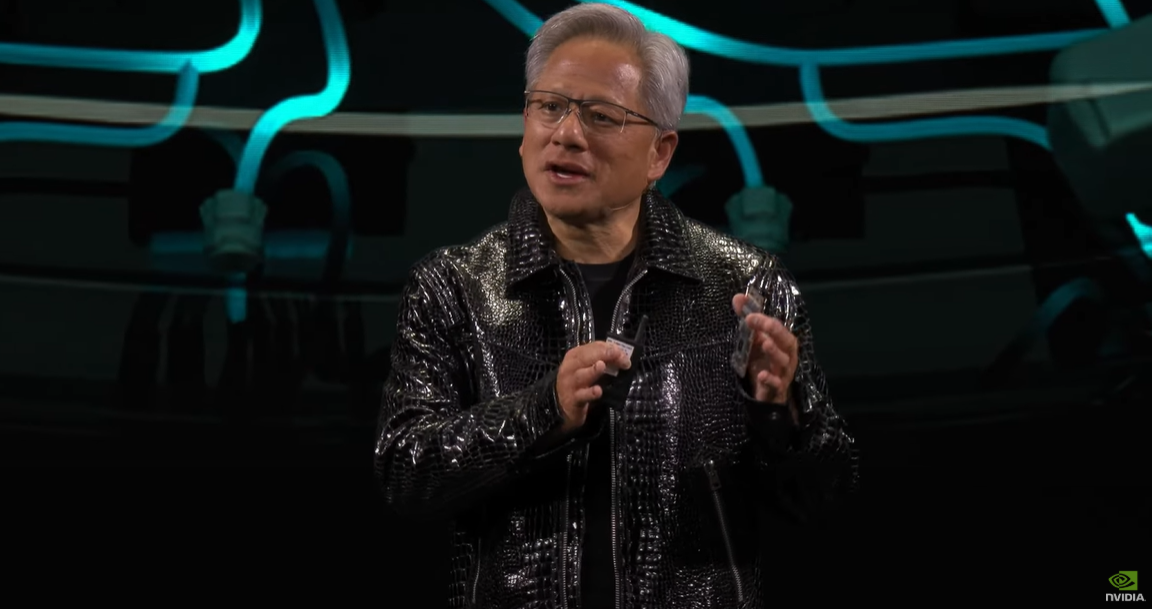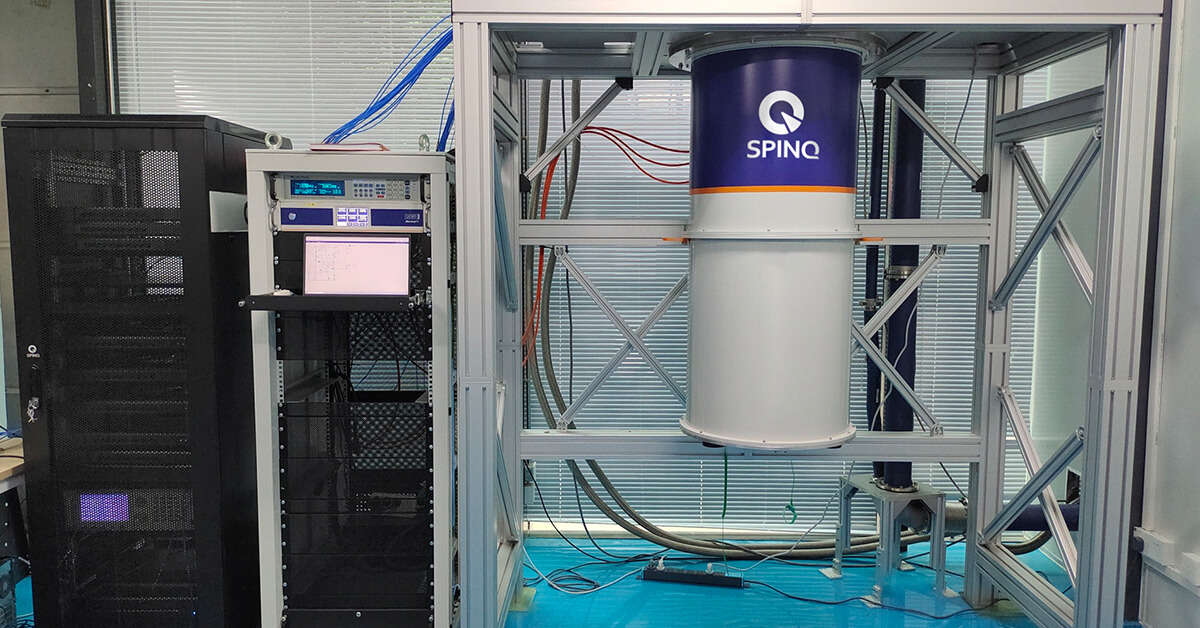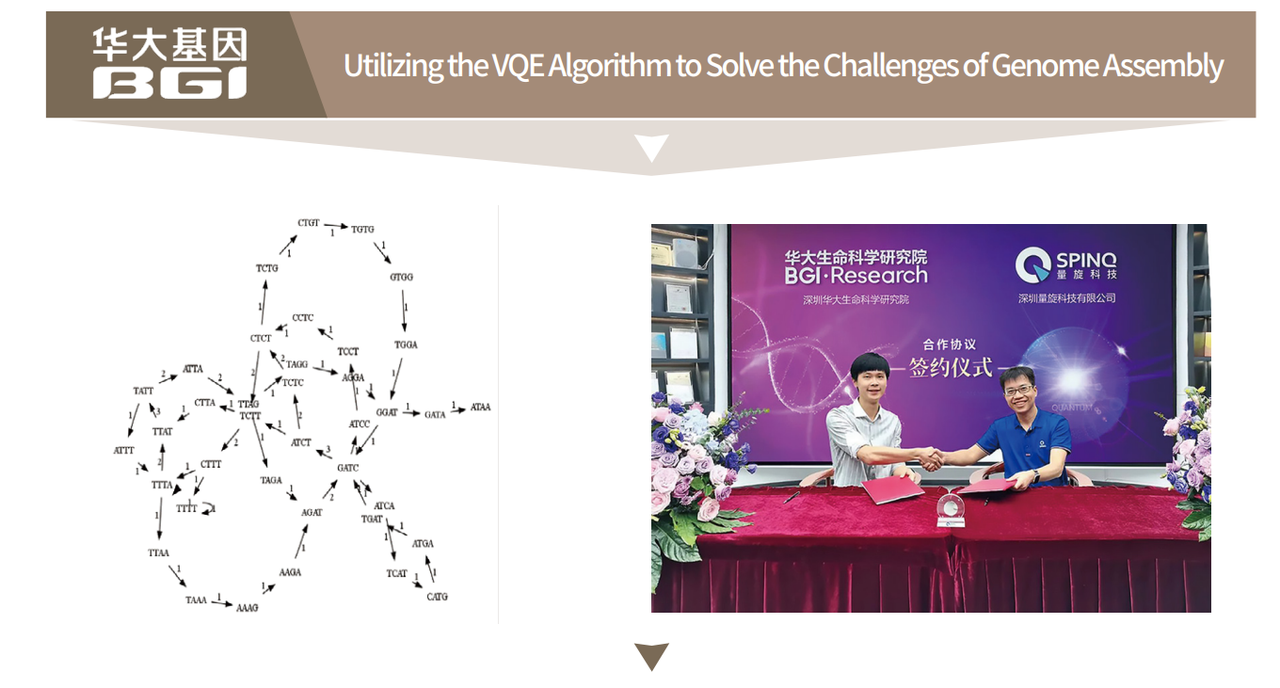Nvidia CEO's Outlook for Quantum Computing Is Wrong
2025.01.14 · Blog quantum advantagequantum readyquantum supremacy
In December, Google's announcement of the Willow quantum chip brought unprecedented attention to the field of quantum computing. Following this, Nvidia CEO Jensen Huang's cautious comments on the future of quantum computing sparked widespread debate.
This has left many wondering: Are commercial and practical quantum computers available today? The answer is a resounding yes. Read on to discover real-world applications of useful quantum computers and how they are already transforming industries.
Nvidia CEO Jensen Huang: Practical Quantum Computers Are Still 20 Years Away
During Nvidia's CES 2025 keynote and subsequent Wall Street analyst Q&A, CEO Jensen Huang provided a guarded stance on the timeline for practical quantum computing.
He estimated that "very useful" practical quantum computers are likely 15 to 30 years away, suggesting that a 20-year timeframe might be a reasonable expectation.
His statements had a notable impact on the stock market, leading to significant declines in the share prices of several quantum computing companies. For instance, IonQ's stock dropped by 39%, Rigetti Computing fell by 45%, Quantum Computing Inc. decreased by 48.7%, and D-Wave Quantum plunged by 36% on Wednesday.

Diverse Expert Opinions: Responses to Jensen Huang's Cautious View on Quantum Computing
Meta Platforms CEO Mark Zuckerberg concurs with Nvidia CEO Jensen Huang's cautious outlook on quantum computing. During a recent interview on Joe Rogan's podcast, Zuckerberg stated, "I'm not really an expert on quantum computing, but my understanding is that it's still quite a ways off from being a truly practical paradigm."
However, D-Wave CEO Alan Baratz strongly disagreed with Jensen Huang's assessment of quantum computing timelines, calling his perspective "dead wrong."
Baratz argued that Huang's comments misunderstand quantum computing's current capabilities and potential. He emphasized, "Not 30 years from now, not 20 years from now, not 15 years from now, but right now today.”
SpinQ Challenges Nvidia CEO Jensen Huang: Practical Quantum Computing Is Already Here Today, Not 20 Years Away
The CEO of SpinQ totally disagrees with Nvidia's Jensen Huang on his 20-year timeline for practical quantum computing. Instead, SpinQ has proved practical quantum computers are a reality!
SpinQ has successfully developed commercial and practical quantum computers, partnering with businesses and institutions to deliver cutting-edge quantum computing solutions for real-world applications. Customers can purchase and operate these quantum computers to meet their business needs.

SpinQ's CEO emphasizes the company's mission to “bring quantum computers to life” and its dedication to the industrialization, commercialization, and accessibility of quantum computing. SpinQ's quantum technologies have already made a significant impact across industries such as quantum education, financial technology, artificial intelligence, and biopharmaceutical research.
Revolutionizing Finance: Practical Uses of SpinQ Commerical Quantum Computer in FinTech
Case Study:
Based on SpinQ's real quantum computer, Longying Zhida, a subsidiary of Huaxia Bank, partnered with SpinQ to develop a quantum neural network model that aids in ATM removal decisions and supports the digital transformation of commercial banks' operations and management.
Business Challenges:
1. With the shift in payment habits, the demand for cash has significantly declined, resulting in a sharp drop in ATM usage. However, the operational costs of ATMs remain consistently high.
2. ATMs are widely distributed in large numbers and are often situated in areas with diverse customer profiles and complex environments.
3. Existing methods, relying on human labor or traditional machine learning modeling, fail to deliver satisfactory speed, efficiency, and accuracy.
4. There is an urgent need to identify and remove underperforming ATMs to save resources.
Achieved Results: Quantum Computer + Quantum AI Model
Quantum Computer:
Stable and maintenance-free operations
Rapid acquisition of experimental results
Quantum AI Model:
Exceptional computational speed
High model accuracy for decision-making
SpinQ Commerical Quantum Computers: Enabling Practical Breakthroughs in Biomedicine

Case Study:
BGI Research and SpinQ have initiated a comprehensive collaboration to explore the practical application of quantum computing in the life sciences.
By leveraging quantum algorithms for genome assembly, they have effectively addressed the complex challenges of genome sequencing. Additionally, this approach enables the simulation of larger quantum systems using fewer quantum resources.
Business Challenges:
BGI Research Institute for Life Sciences, focused on genomics, combines bioinformatics with quantum computing. Traditional computers struggle with processing large-scale genomic data, creating a bottleneck in genetic research due to slow processing speeds.
Achieved Results:
By using a distributed quantum-classical hybrid algorithm, BGI Research leverages quantum properties like superposition and entanglement to boost computational capacity with fewer quantum resources. This approach enables the simulation of larger quantum systems and reduces the excessive computational resource consumption during high-throughput gene sequencing assembly processes.
SpinQ's Useful Quantum Computing Enhances Artificial Intelligence Applications
Case Study:
SpinQ Quantum Computing Enhances Efficient Gradient Computation for Model Optimization
A large number of computations are required during the training process of machine learning models, with the gradient descent algorithm being a widely used method for optimizing model parameters.
In classical computing, gradient computation involves repeatedly calculating functions containing parameters. As the number of variables in the model increases, these computations demand substantial computational resources, creating a bottleneck in the training process of large models in classical machine learning.
Researchers at SpinQ have proposed a new quantum-based gradient computation method that leverages the high parallelism of quantum computing to obtain the numerical gradient of multivariate functions in a single computation, offering an efficient solution to the parameter optimization problem.
Featured Content






